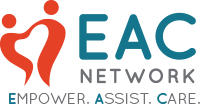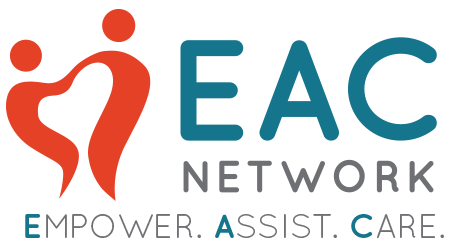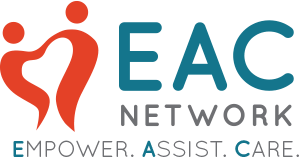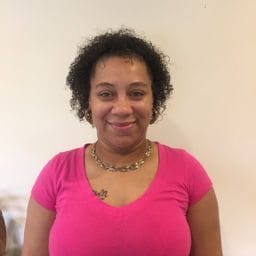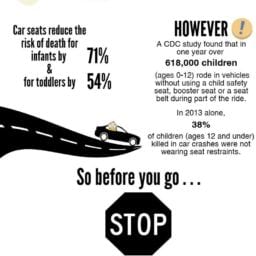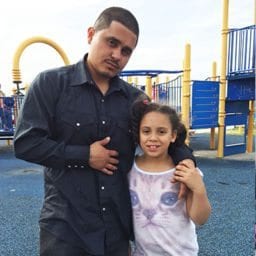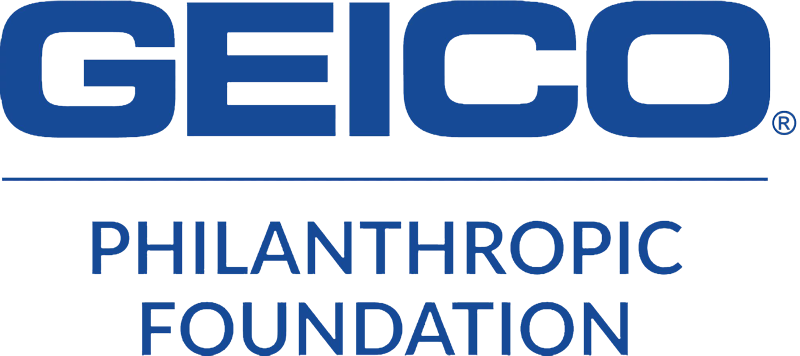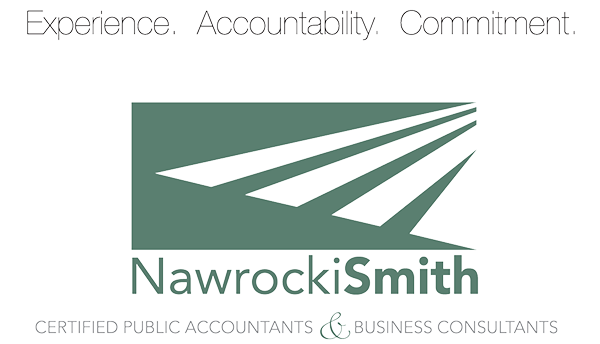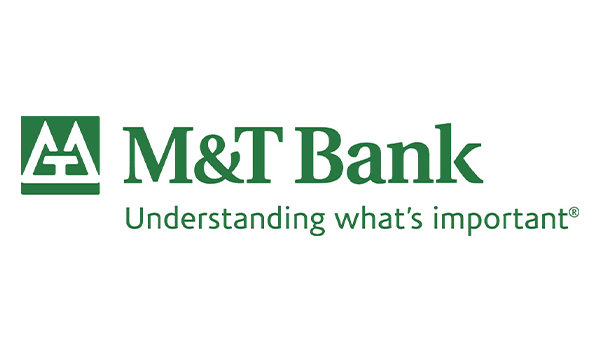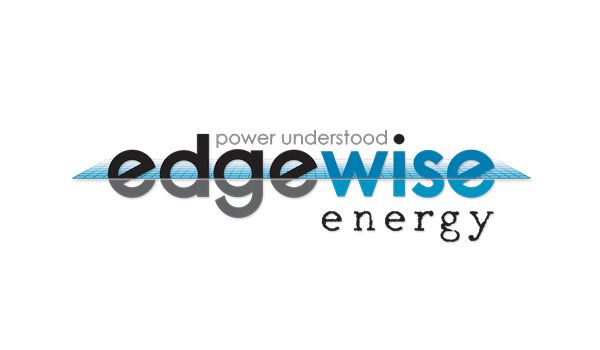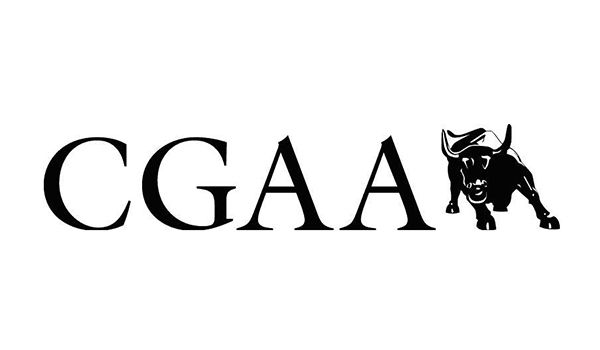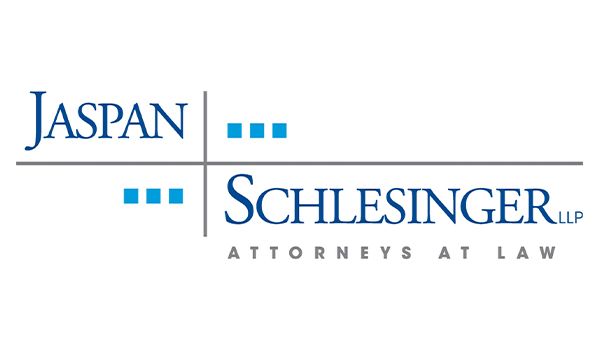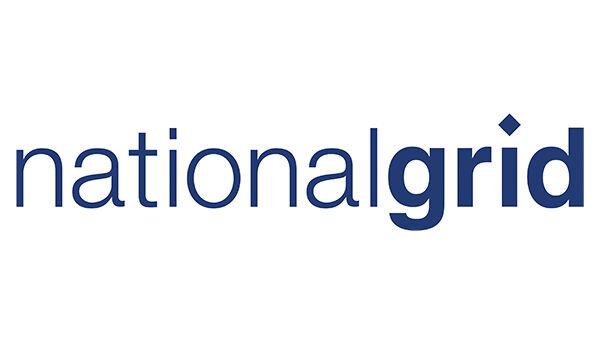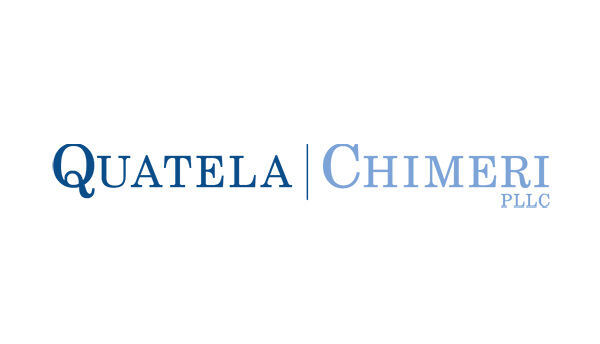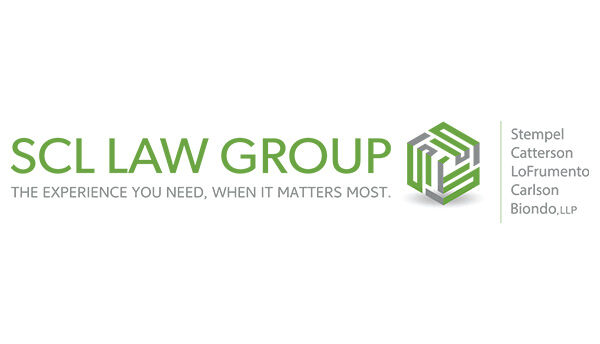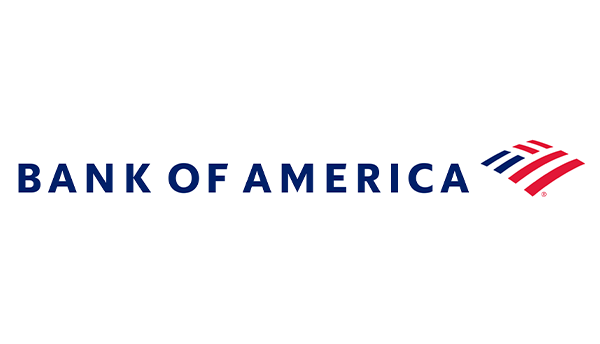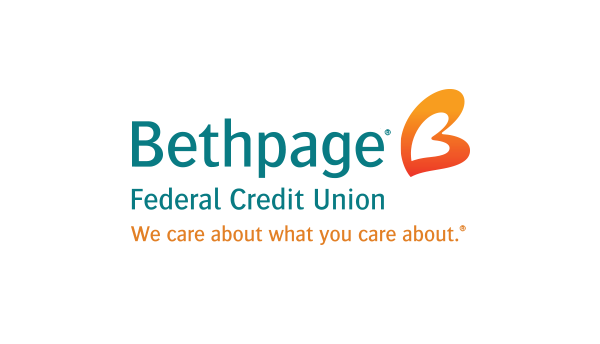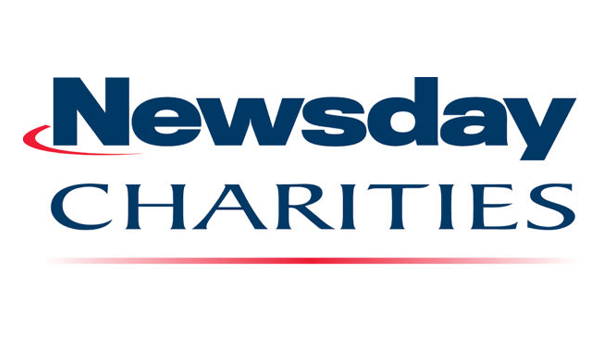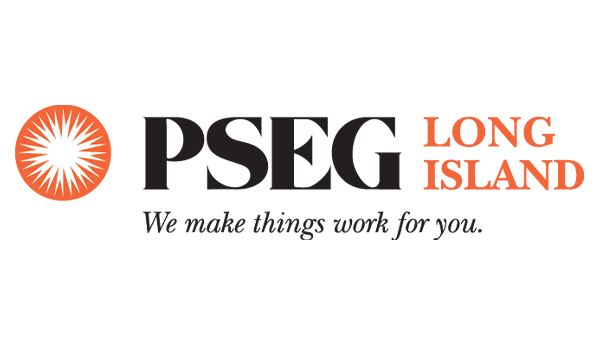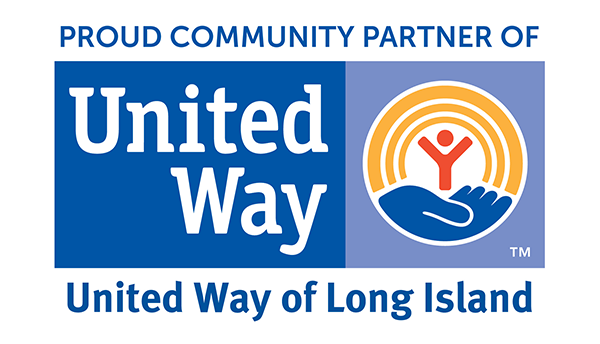RECOGNIZING PEOPLE LIVING WITH HIV/AIDS THROUGH NUTRITION EDUCATION & FOOD SERVICES
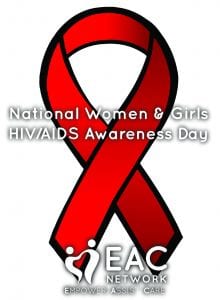 Today, March 10, is National Women & Girls HIV/AIDS Awareness Day, a day in which we recognize the struggle of people living with HIV/AIDS. We also use this day to empower women to make healthy choices when it comes to HIV/AIDS, whether they are already living with the disease, or whether they need advice on how to prevent it.
Today, March 10, is National Women & Girls HIV/AIDS Awareness Day, a day in which we recognize the struggle of people living with HIV/AIDS. We also use this day to empower women to make healthy choices when it comes to HIV/AIDS, whether they are already living with the disease, or whether they need advice on how to prevent it.
EAC Network’s Nutrition Education & Food Services program (NEFS) works with clients living with HIV/AIDS every day. Unfortunately, HIV/AIDS is still widely spread, and it heavily impacts minority or low-income communities. This program provides clients living with HIV/AIDS with not only healthy foods, but also much-needed education on the spread of the disease, how to prevent it, and what steps to take once it has been contracted.
NEFS is the only food pantry in Nassau County that specifically serves individuals living with HIV/AIDS. This program serves a critical role in the community, and works hard every day to help prevent the spread of the disease. The community gives back regularly to the pantry by hosting food drives. These are a huge help to keep the pantry stocked, and donations are always welcome. Recently, Island Trees School District held a hugely successful food drive, which completely restocked the shelves.
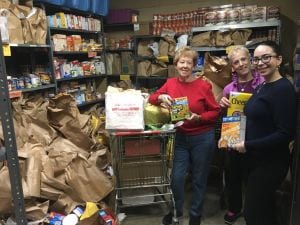
We spoke with Robin Heller, the Community Nutrition Educator for NEFS. Robin has worked in the nonprofit field for over thirty years, and she has a Master’s Degree in Community Health Education from NYU. “We distribute about 45 pantry bags of food per week to disadvantaged people living with HIV/AIDS. We provide nutrition education on a daily basis,” said Robin. “A huge joy in my job is interacting with my clients.”
NEFS not only provides food and education, but also social work services. Estefani DeVargas is the Nutrition Program Assistant, and provides a critical role in the program. As she is bilingual in Spanish, and as most of the clients served by NEFS speak Spanish as their primary language, Estefani makes them feel comfortable speaking about an uncomfortable topic by interacting with them in their native tongue.
“We want to keep them in care and treatment so that we can take steps to prevent the spread of HIV/AIDS,” said Estefani. “Speaking with clients in Spanish builds trust and helps me to strengthen my relationships with them. They might only see their doctors once every three months, but we see most individuals on a weekly basis. We work with them through their hardships. We’re here for them.”
To learn more about Nutrition Education and Food Services, click here. To make a donation, click here.
* * *
 Sarah Muller is the Development & Marketing Assistant for EAC Network. She graduated from the University of Vermont with a B.A. in English.
Sarah Muller is the Development & Marketing Assistant for EAC Network. She graduated from the University of Vermont with a B.A. in English.
